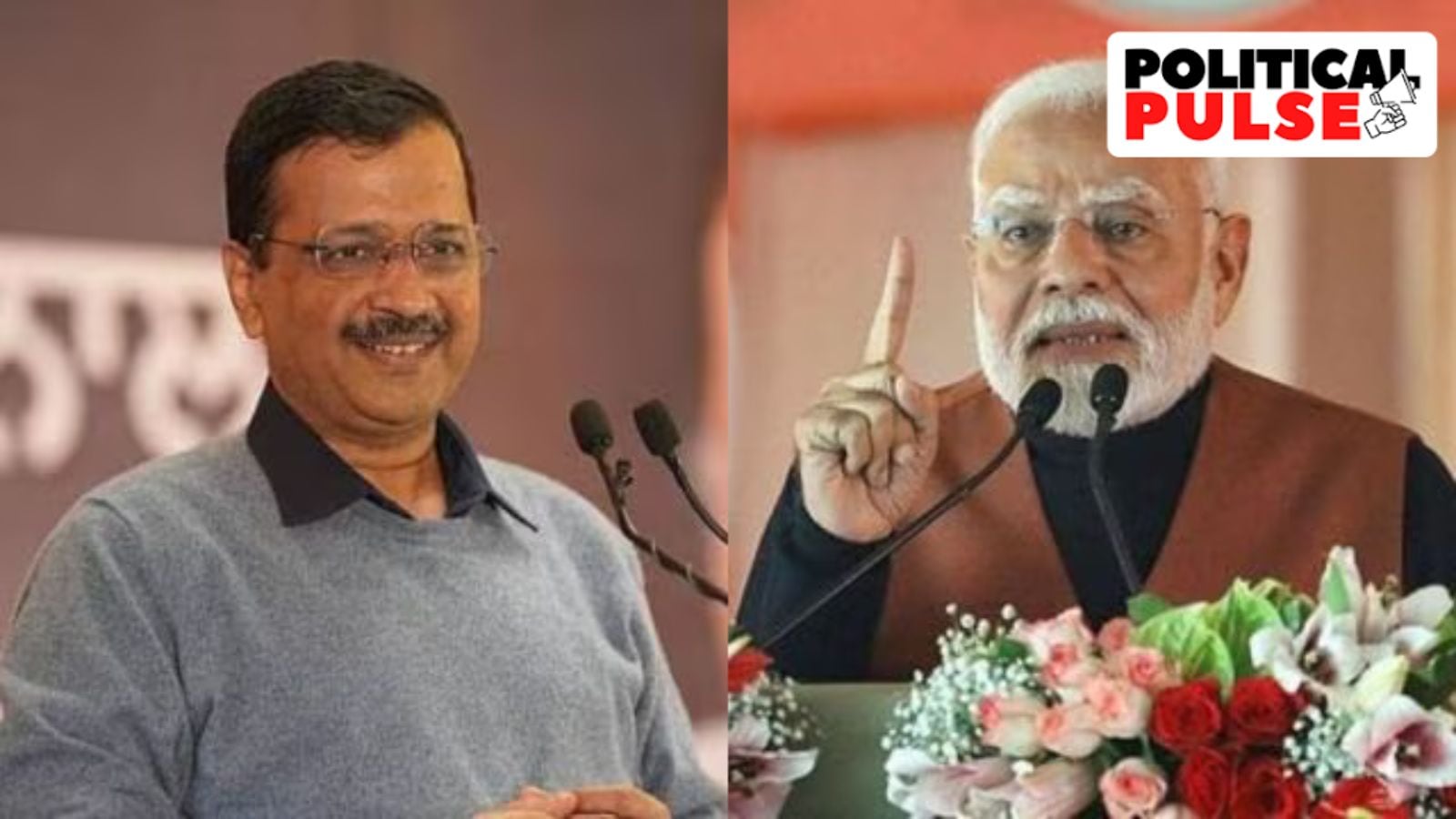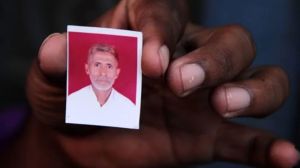With Delhi headed for the Assembly elections on February 5, the campaign narratives of the three major parties – the ruling Aam Aadmi Party (AAP), the principal Opposition BJP and the Congress – seem to be defined by competitive welfarism involving various sops for the underprivileged and downtrodden of the national capital.
However, one section of people whose aspirations barely appear to be reflected by the campaigns of the leading contenders is the middle class, despite the point that Delhi is overwhelmingly urban, accounting for one of the highest per capita incomes in the country.

The virtual absence of the middle class in the poll discourse of the capital marks a break with the Anna Hazare-led anti-graft movement, held in the city through 2011, from which the Arvind Kejriwal-led AAP emerged. This stir against corruption in public life found resonance among the middle class, which joined it in large numbers at Ramlila Maidan and Jantar Mantar.
However, after sweeping the Delhi Assembly elections and forming its own government under Chief Minister Kejriwal in 2015, the AAP launched a raft of welfare schemes in various sectors including health, education and power.
The AAP’s pitch over the last two terms largely focused on the urban poor, with aerial shots of swanky roads in its recently released campaign song “Phir Laayenge Kejriwal” being one of the few outreach bids to the aspirational middle class. The song mainly showcases multiple sops being offered by the AAP government.
With Kejriwal’s party having branded itself successfully around sops its government has offered to Delhi’s aam aadmi, the BJP and the Congress have also followed its playbook.
Kickstarting the BJP’s campaign for the Delhi polls, Prime Minister Narendra Modi said that the existing schemes would continue and that they would be “better implemented”. “AAP-da (disaster) people are panicking and spreading lies, as they sense their defeat in the Delhi elections. They are scaring people by saying that if BJP comes to power, welfare schemes will stop. But I want to assure the people of Delhi that no scheme will be stopped but dishonest people will be removed,” Modi said, addressing the BJP’s Parivartan rally in Rohini on January 5.
Story continues below this ad
This was in contrast to Modi’s attack on “revdi culture (politics of freebies)” that he had made earlier.
The AAP government has been ensuring zero bills up to 200 units of power and 50 per cent rate up to 400 units to the Delhi people for several years. On January 9, The Indian Express reported how these sops translated into numbers. About 22 lakh of the city’s 40 lakh domestic consumers get a zero bill. The Delhi government has also offered up to 20,000 litres of free water for every household per month.
All women are eligible for single-journey pink passes for free travel both in DTC as well as cluster buses – A/C buses operated by private operators under a contract with DTC – in the capital. In 2023-24, pink passes accounted for 46 per cent of the total bus tickets sold. The Delhi government compensates the transport companies for these passes, generally priced at Rs 10 each. In sheer numbers, upwards of 100 crore tickets were issued on pink passes in December 2024 alone. While pink passes are meant for all women, they reinforce the AAP’s welfare play.
For the upcoming elections, the AAP has promised Rs 2,500 per month assistance for women, free treatment for all persons aged above 60, Rs 1,800 a month stipend for pandits in temples and granthis in gurudwaras, 24-hour water supply, and scholarships for Dalit students in international universities covering their fees, accommodation and travel expenses.
Story continues below this ad
The Congress, which has been in political wilderness in Delhi for over a decade now, has also pledged various sops for Delhi voters, ranging from Rs 2,500 monthly assistance for women to Rs 25 lakh health insurance for every resident.
As per the Delhi Economic Survey 2023-24, Delhi accounted for a net per capita income of Rs 4.61 lakh in the financial year 2024 as compared to the national average of Rs 1.84 lakh. While there are no precise data on the numbers of Delhi’s middle class – which officially means an average annual household income of Rs 5-30 lakh – it is likely to be several percentage points above the 31 per cent population of the middle class at the national level –
the figure cited by the 2023 report of NGOs People’s Research on India’s Consumer Economy (PRICE) and India’s Citizen Environment. This report, based on primary data, puts Delhi’s “super-rich households” – indicating those earning at least Rs 2 crore a year – at 1.81 lakh, the second highest figure in the country after Maharashtra.
However, what has been making welfare politics prevail over an aspirational discourse in the Delhi elections could be linked to another statistic. Union minister Hardeep Singh Puri had told the Rajya Sabha at the end of 2023 that 40-50 lakh people lived in unauthorised colonies in the national capital. Presenting the Delhi Budget for 2024-25 in March last year, then finance minister Atishi, who is now the CM, had allocated Rs 902 crore for the development of what she said were about 1,800 unauthorised colonies in Delhi encompassing 30 per cent of its population – which is about 1.68 crore as per the 2011 Census – through laying of sewage and water pipelines.
Story continues below this ad
The AAP has a significant support base among this large chunk of Delhi voters needing state support, which is among the key factors behind the ascendance of welfare politics in the capital.

































